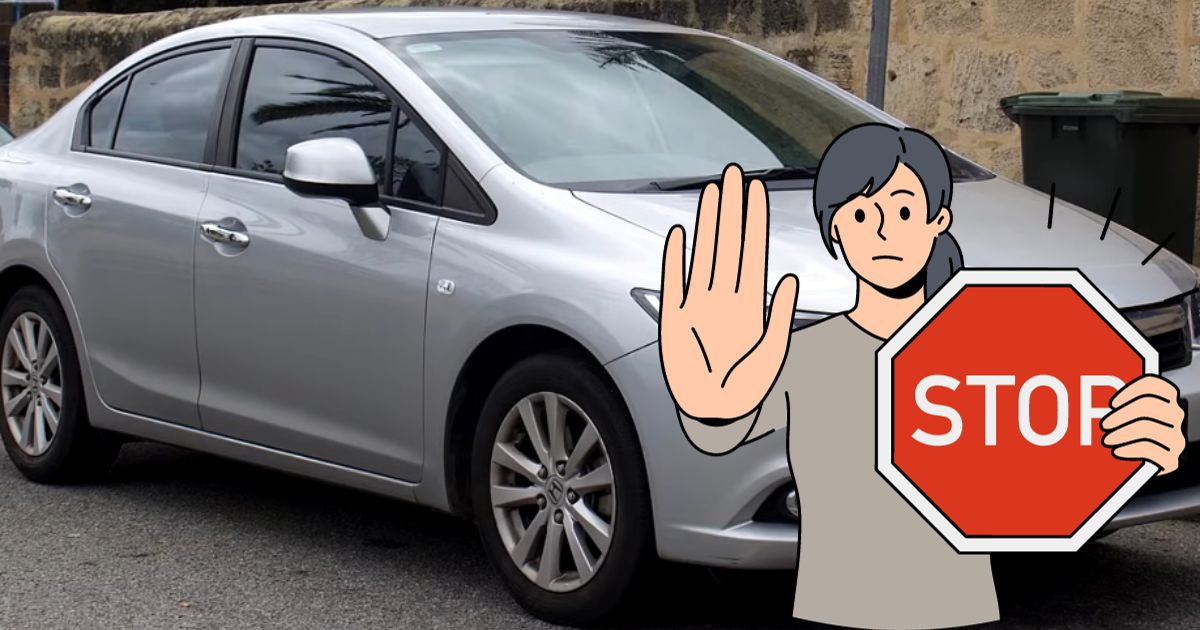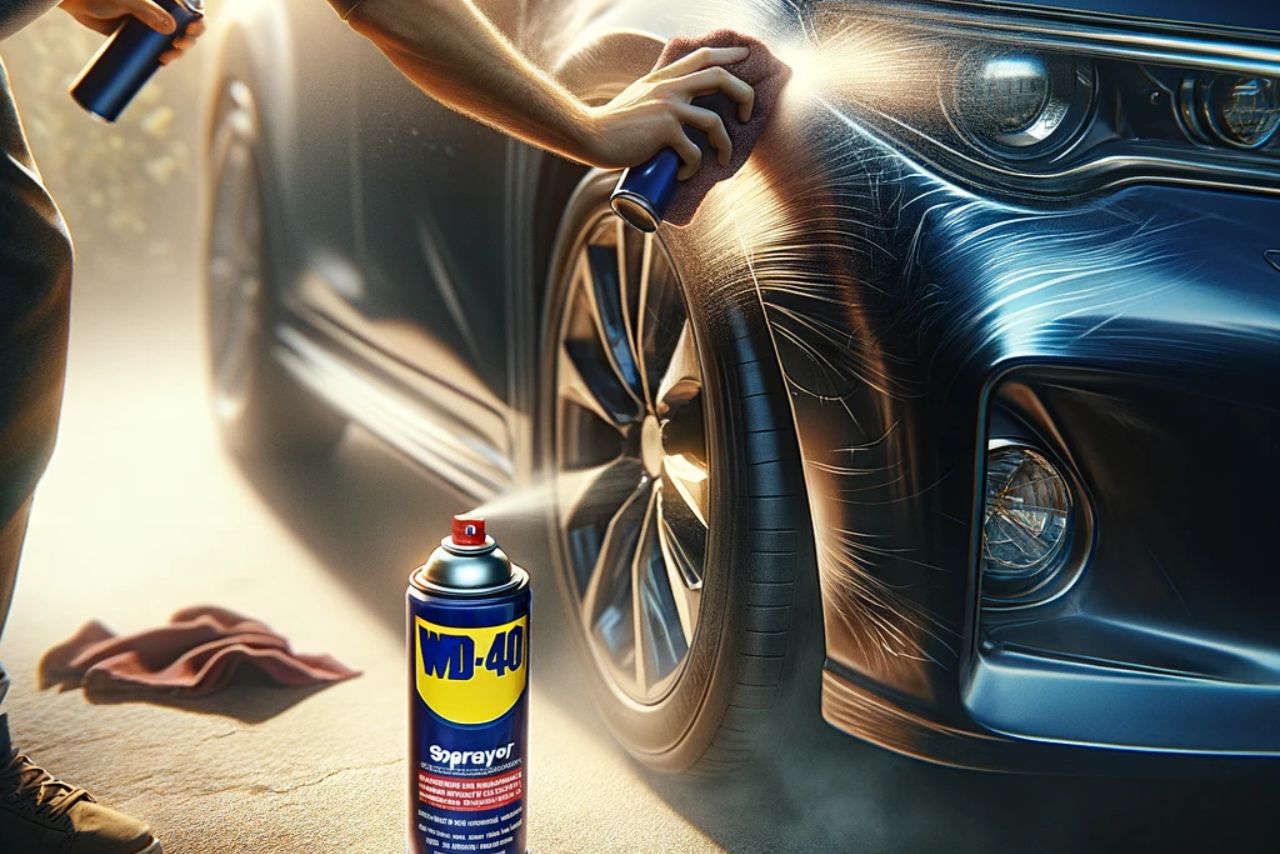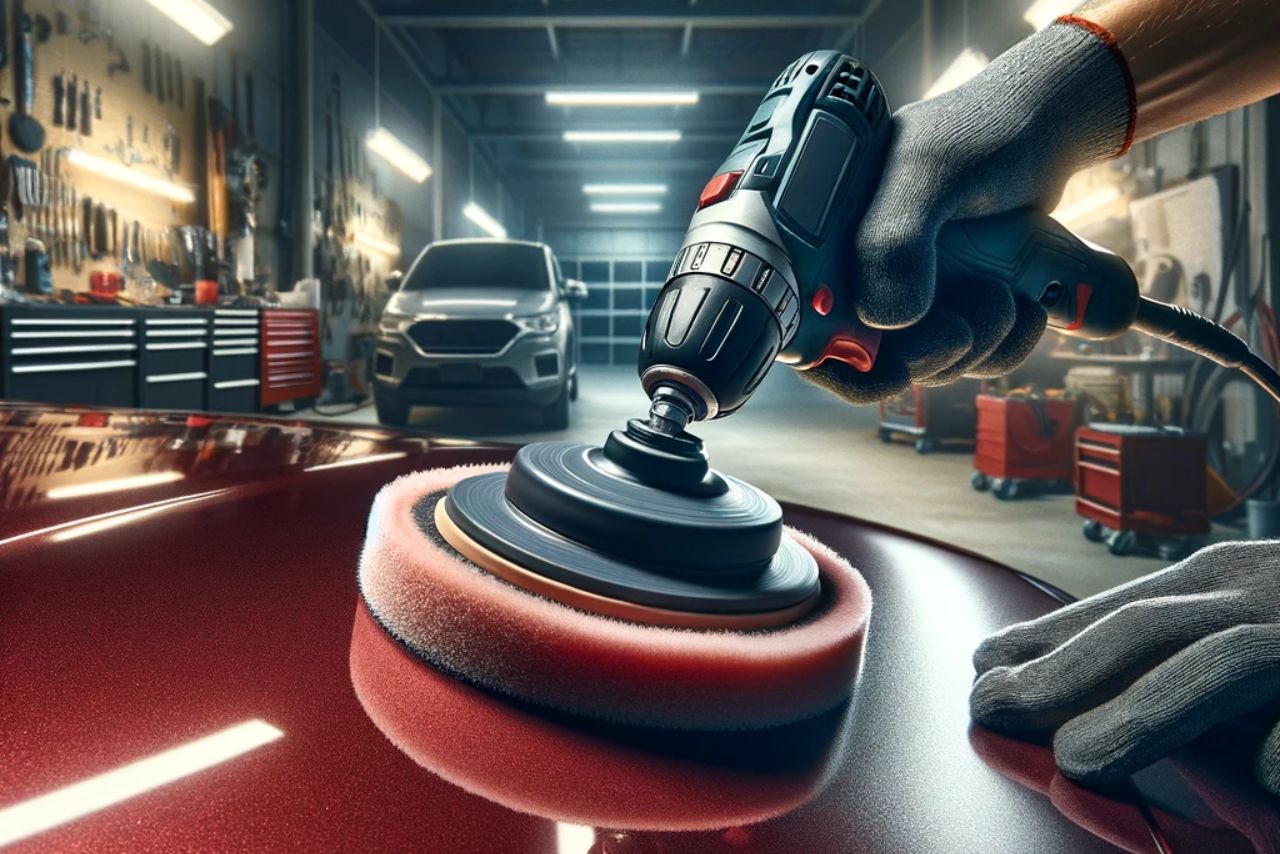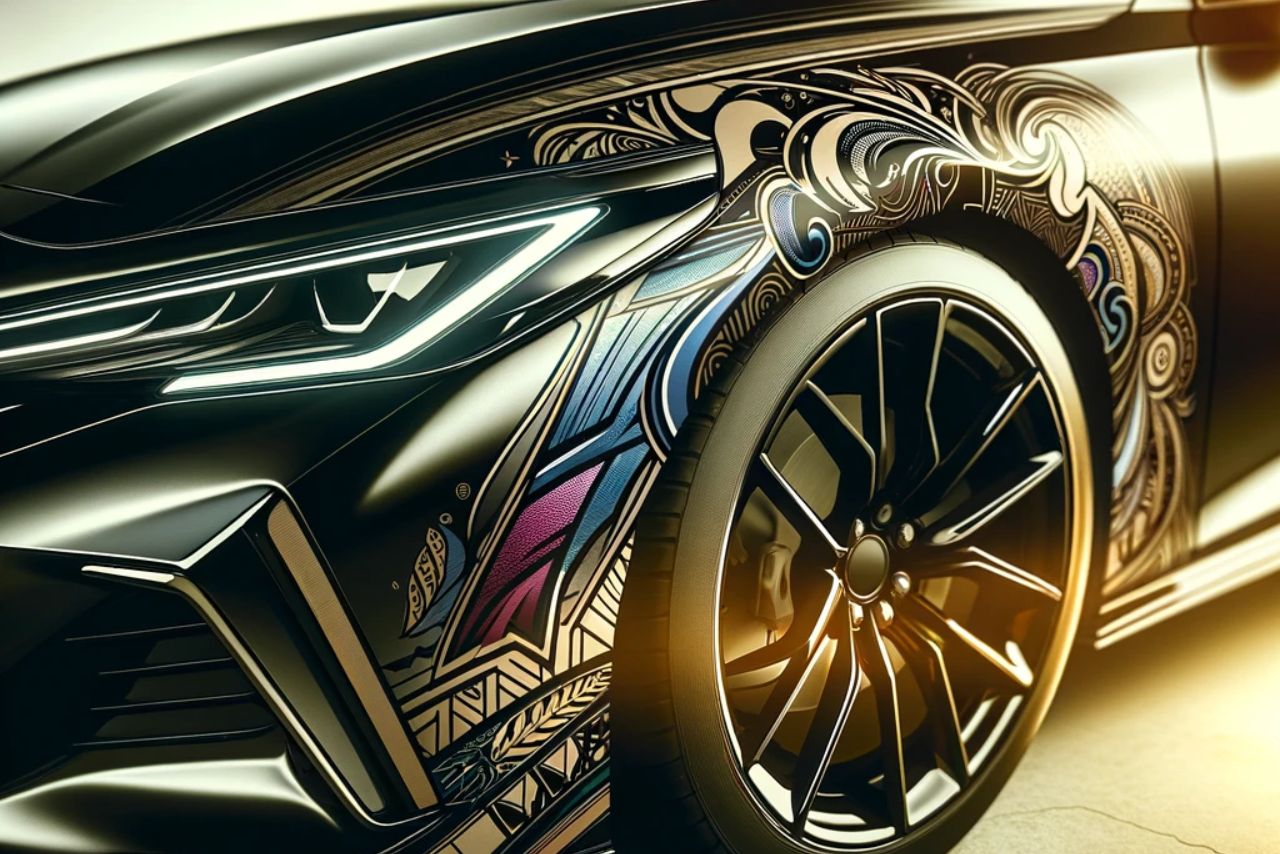Turbocharged engines have become increasingly common in newer cars and trucks.
The turbocharger helps provide more power from a smaller engine by using exhaust gases to spin a turbine that forces extra compressed air into the engine. This allows more fuel to be burned, generating additional horsepower.
While turbos provide great performance benefits, they also require some special care and maintenance compared to naturally aspirated engines. Here are 5 key things you need to stop doing if your vehicle has a turbocharger:
1. Avoid Extended Idling
Extended idling can be very detrimental to a turbocharged engine. When a car is idling, oil flow to the turbo and proper cooling is reduced.
This allows heat to build up in the turbocharger, which can cause the oil to break down and the turbo components to warp or seize up over time.
Most experts recommend shutting off your turbocharged vehicle after 30-60 seconds of idling. Allowing an engine to idle too long (more than a couple minutes) deprives the turbo of proper lubrication and cooling.
Important actions:
- Turn off your vehicle after 30-60 seconds of idling whenever possible
- Avoid extended stop-and-go traffic if feasible to reduce wear on your turbocharger
- Be aware of idling limits for turbocharged engines in your owner’s manual
Properly caring for your turbo means being mindful to minimize unnecessary idling whenever possible. This will help prevent turbo failure down the road.
2. Don’t Ignore Low Oil or Check Engine Lights
Since turbochargers rely on engine oil for lubrication, they can be damaged if oil levels get too low or if the oil becomes contaminated. Ignoring warning lights can quickly lead to extensive turbo repairs.
Both the check engine light and oil warning light need to be addressed promptly with a turbocharged powertrain.
The check engine light could signal a restriction in the intake system, sensor failure or issues causing the turbo to run too hot.
An oil warning light or low oil level means there may not be enough clean oil flowing through the turbo for sufficient lubrication and cooling. Running a turbo low on oil can cause the bearings to fail in less than a minute.
Important actions:
- Do not operate your turbocharged vehicle if oil or check engine lights stay on
- Pull over and shut off the vehicle as soon as safely possible
- Determine the cause of the warning light before continuing to drive
- Address oil consumption issues immediately to prevent turbo damage
Waiting to diagnose warning lights on a turbocharged vehicle risks catastrophic engine failure. Promptly get codes scanned and oil levels checked.
3. Don’t Rev the Engine Before Shut Off
It may be tempting to rev up the engine and enjoy the turbo whistle before turning off your car. However, this can be very harmful to your turbocharger over time.
Turbo components can reach temperatures over 1,000°F during normal operation. With no cooling oil flowing at shutdown, revving the engine causes extreme heat buildup which can warp the turbo’s housing and blades.
Important actions:
- Avoid revving the engine before shutting off a turbocharged vehicle
- Also try not to immediately shut down after hard acceleration
- Allow the turbo to have 30-60 seconds of gentle operation with oil flowing before turning off the vehicle
Letting your turbo “cool down” before shutting off the engine prevents bearing failures, carbon buildup, and other damaging effects from excessive heat. Get in the habit of easing up on the gas in the final minute before hitting the ignition.
4. Don’t Tow with All 4 Wheels on the Ground
Towing a turbocharged vehicle the wrong way leads to transmission damage or even total turbo failure.
This happens because towing a turbo car with all four wheels on the ground does not allow the engine oil and water pumps to properly circulate lubricants.
Without oil flow, the turbocharger spins unlubricated while being towed, causing certain destruction within minutes. The transmission is also put under excessive load trying to turn the drive wheels without the engine running.
Important actions:
- Always tow a turbocharged vehicle with all four wheels off the ground, such as using tow dollies or a flatbed truck
- Refer to your owner’s manual for proper tow procedures
- Ensure turbo components have fully cooled before attempting to tow your vehicle after breakdowns
Improper towing destroys many transmissions and turbos each year. Using wheel lifts or dollies prevents this by disengaging the drive wheels from friction on the road. Never attempt to tow-start a turbocharged vehicle to get it running.
5. Avoid “Cheap” Gas and Oils
With tighter engine tolerances, turbocharged engines require high quality fuels and synthetic oils. Using lower grades risks carbon buildup, premature wear, oil breakdown and even turbo failure.
Subpar fuels with insufficient detergent additives allow carbon deposits to form within the intake tract, throttle body and turbo housing. This reduces performance and fuel economy while increasing temperatures.
Cheap conventional oils also break down faster in the high heat environment of a turbo engine. This causes bearing wear, oil leakage past seals and lacks adequate anti-foam agents. Always use manufacturer recommended oil weights and types.
Important actions:
- Only use Top Tier rated gasoline which have mandatory detergent levels
- Follow your owner’s manual for proper engine oil viscosity, quality standards and change intervals
- Beware discount brands of oil or gas which may lack vital additives to protect your turbocharger
The small upfront savings of using poor quality or incorrect fuels and lubricants will cost far more over the long run in degraded performance and extensive repairs. Invest in quality gasoline and synthetic oil specifically formulated for turbocharged engines.
| Thing to Stop Doing | Why It’s Harmful | Important Actions |
|---|---|---|
| Extended Idling | Deprives turbo of cooling and lubrication | Turn off after 30-60 seconds. Avoid excess stop-and-go traffic |
| Ignoring Warning Lights | Low oil levels or contamination can quickly damage turbo | Do not operate vehicle with oil or check engine lights on. Have codes scanned promptly |
| Revving Before Shut Off | Causes turbo overheat with no coolant circulation | Avoid revving engine before shutdown. Allow turbo 30-60 seconds cool off before turning vehicle off |
| Towing Improperly | Towing with drive wheels engaged destroys transmissions and turbos without oil circulation | Always tow turbocharged vehicle with all 4 wheels off the ground using dollies or flatbed |
| Using Cheap Fuels/Oils | Subpar quality lacks needed additives causing carbon buildup, wear and failure | Only use Top Tier gasolines. Use synthetic oils meeting turbocharged engine specifications |
In summary, turbocharged engines provide great power in smaller packages but require some specialized care compared to naturally aspirated motors.
By avoiding harmful behaviors like extended idling, ignoring warning lights, revving before shutdown, improper towing and using cheap gas or oils, you can prevent unnecessary turbo damage.
Following basic precautions and the manufacturer’s recommendations will allow your turbocharged powertrain to provide years of boosted performance.





Leave a Reply